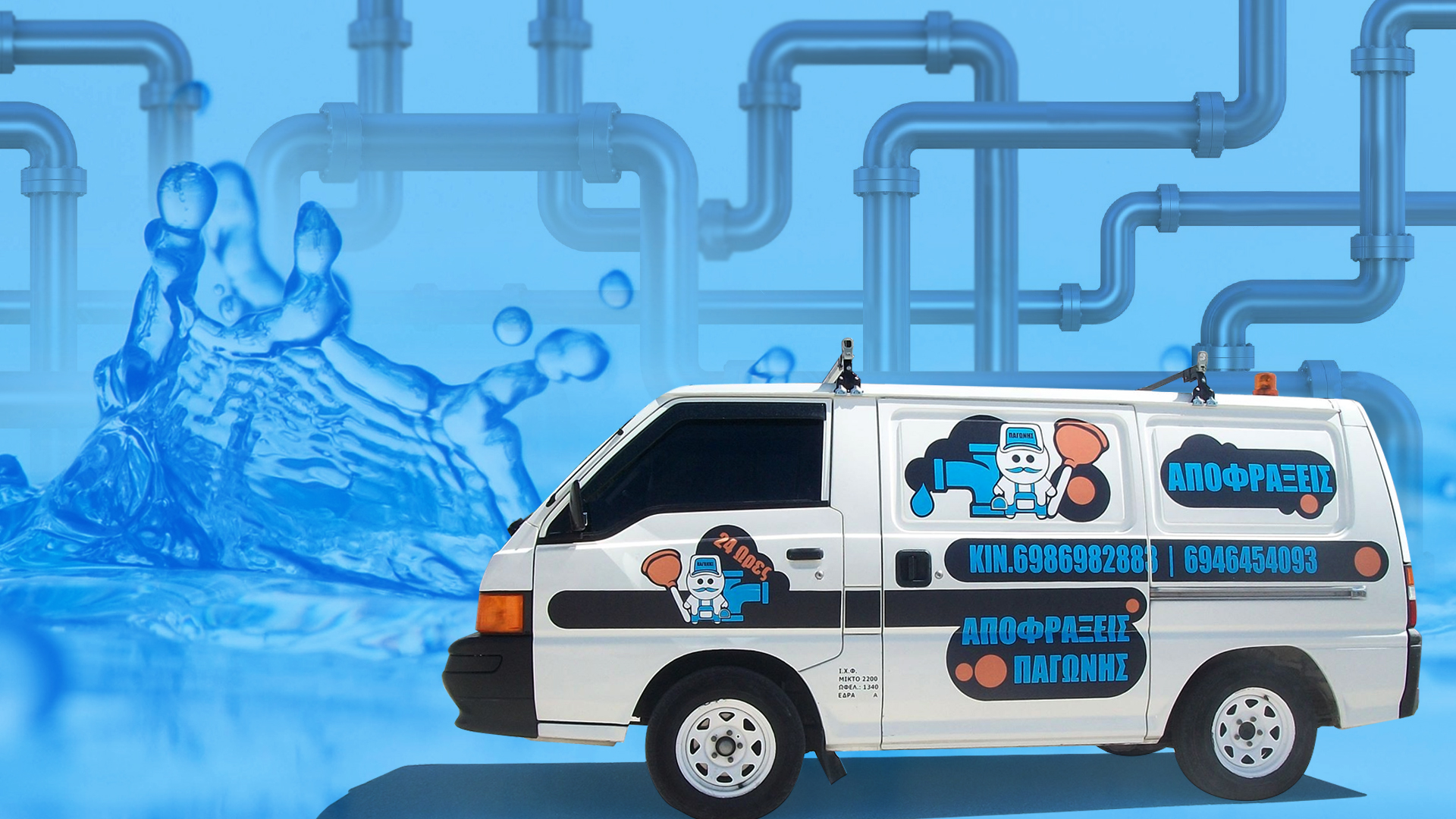Papagou blockages (Αποφραξεις Παπαγου), an expression often noticed in metropolitan preparation and environmental discourse, refer to the obstruction of water movement in city places, particularly because of inappropriate squander convenience and lack of water flow systems. These blocks have substantial effects for community wellness, system sincerity, and ecological sustainability. Being familiar with their causes, affects, and solutions is very important for powerful mitigation and managing methods.
Triggers:
Incorrect Spend Removal: One of many primary reasons for Papagou blockages may be the indiscriminate fingertips of reliable waste materials, including plastics, document, and organic and natural materials, into water physiques and drainage solutions.
Absence of Discharge Facilities: Inferior or poorly maintained discharge solutions worsen obstructions by neglecting to efficiently station rainwater and wastewater clear of downtown areas.
Urbanization: Quick urbanization leads to greater impervious areas like cement and asphalt, reducing natural infiltration and raising area runoff, which holds air-borne pollutants and debris into drainage solutions.
Global Warming: Intensifying weather patterns, such as large rain and hard storms, can overwhelm water flow systems, resulting in obstructions and floods.
Affects:
General public Health Problems: Clogged drainpipes produce stagnant normal water swimming pools, getting reproduction reasons for illness-transporting mosquitoes and germs, posing health hazards to residents.
System Problems: Accumulated debris and h2o tension from blocks can harm roads, properties, and underground resources, leading to costly repairs and interruptions to everyday life.
Environmental Deterioration: Air pollution from impeded drainpipes contaminates water body, harms aquatic ecosystems, and diminishes all round environmental quality.
Interpersonal Disturbance: Flooding and waterlogging caused by obstructions disrupt travel, trade, and livelihoods, specifically in reduced-lying and weak communities.
Solutions:
Open public Understanding: Educating residential areas about the significance of appropriate squander disposal along with the implications of obstructions can foster sensible actions and community engagement.
Structure Investment: Governments and towns should invest in powerful discharge techniques, which includes regular maintenance and updates, to boost normal water movement and minimize blockage threats.
Green System: Applying eco-friendly remedies like permeable pavements, rain home gardens, and vegetative swales can improve h2o absorption, lessen runoff, and mitigate blocks.
Coverage and Regulation: Enforcing strict restrictions on waste materials managing and urban preparing, along with incentivizing environmentally friendly practices, might help protect against blocks and advertise long term resilience.
In conclusion, Papagou obstructions create multifaceted obstacles to city conditions, necessitating all-natural approaches that blend system improvement, general public engagement, and ecological stewardship. By handling their cause causes and employing proactive steps, residential areas can mitigate blocks, boost durability, and safeguard the well-being of both men and women along with the earth.
